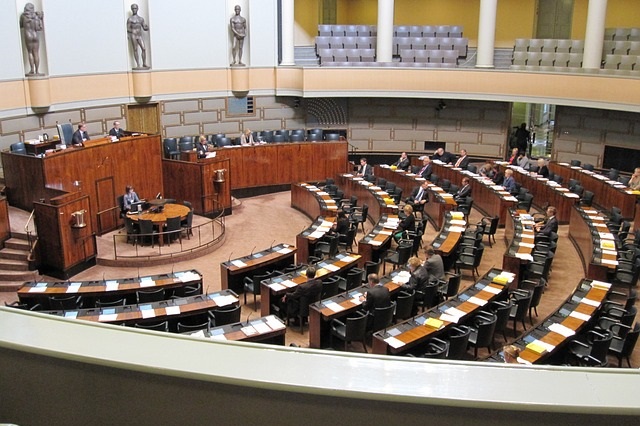Cotonou – Benin’s opposition has returned to parliament after a four-year absence, winning 28 seats in elections dominated by President Patrice Talon’s allies, according to preliminary results on Wednesday.
Sunday’s vote was a test for the West African state where Talon has promoted development, but critics say his programme has come at a cost to Benin’s once thriving multi-party democracy.
The main opposition Democrats won 28 seats while the Republican Bloc (BR) and Progressive Union for Renewal (UP-R) parties allied with Talon together won 81 seats, the CENA electoral authority said.
Final results for the 109-seat parliament are expected on Friday after a vote that went ahead peacefully and in line with the regulations, according to election observers from the regional bloc Economic Community of West African States or ECOWAS.
Four years ago opposition parties were effectively barred from participating in a legislative ballot due to a tightening of election rules, resulting in a parliament dominated by Talon supporters.
Most of Talon’s key opponents have also been jailed or forced into exile after the cotton magnate was elected in 2016 and later re-elected in 2021.
The 2019 legislative vote was marred by deadly clashes in an opposition stronghold, historic low turnout and an internet blackout.
On Sunday, seven political parties – including three allied to the opposition – were allowed to participate.
Parties winning more than 10 percent of the vote shared out the 109 seats, according to a proportional system.
ALSO READ | Benin counts ballots after calm parliamentary vote
Opposition leaders had hoped their parties would gain seats in preparation for 2026 presidential elections, when candidates will need the backing of lawmakers to be registered.
The mandate of the Constitutional Court also ends this year and, three years before the presidential ballot, the court’s composition is key as it oversees decisions on elections.
Four judges are appointed by lawmakers while three are chosen by the president.
The Democrats party also said it would seek to push an amnesty law in parliament to free jailed colleagues and allow the return of exiles.
In December 2021, Reckya Madougou was sentenced to 20 years in prison on a charge of terrorism, while Joel Aivo – another opposition leader and academic – was jailed for 10 years for alleged conspiracy against the authority of the state.
Both were tried by a special court dealing with terrorism and economic crimes, known as the CRIET. Critics say the court, opened by Talon’s government in 2016, has been used to crack down on his opponents.
Sunday’s legislative vote took place as Benin and other Gulf of Guinea coastal countries, Ghana, Togo and Ivory Coast, face a growing threat from jihadist violence spilling over their northern borders with the Sahel.
Follow African Insider on Facebook, Twitter and Instagram
Source: AFP
Picture: Pixabay
For more African news, visit Africaninsider.com


